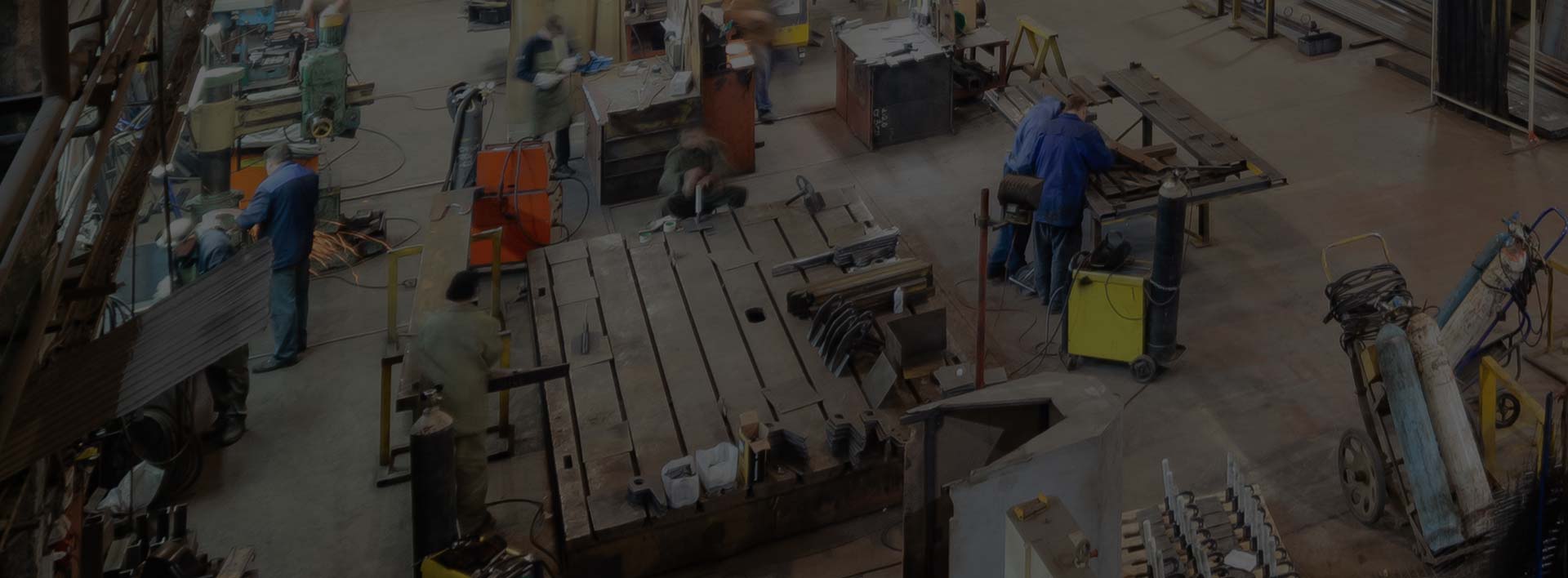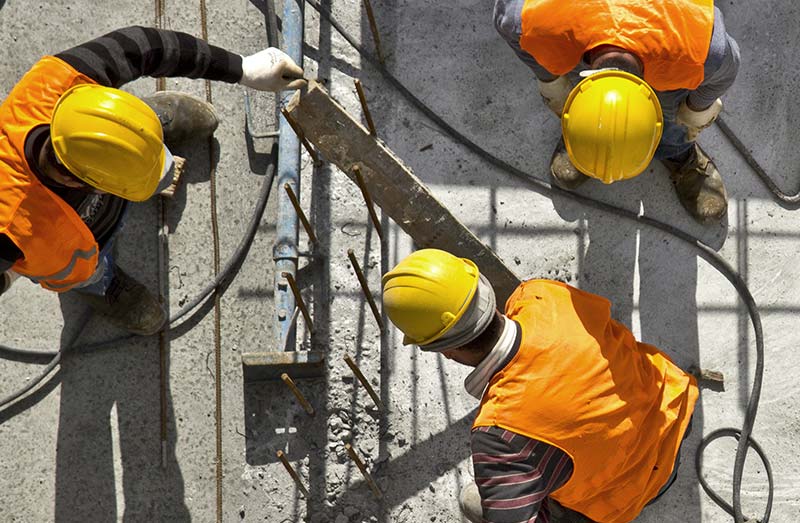Assurance constructeur non réalisateur : qui sont les constructeurs non réalisateurs ?
Souvent, le constructeur est assimilé à celui qui conçoit l’ouvrage (architecte, concepteur), ou à celui qui le réalise (entreprise, réalisateur, etc).
Pourtant, la loi en a une acception beaucoup plus large, puisque notre droit de la construction soumet à la responsabilité décennale les intervenants du bâtiment, mais aussi les personnes qui ne construisent pas, mais font construire des ouvrages pour autrui ou en vue de la vente (article 1792-1 du Code civil).
C’est cette dernière catégorie de personnes que désigne l’expression « constructeurs non réalisateurs ». Cette catégorie regroupe des professionnels, mais aussi certains particuliers.
Constructeurs non réalisateurs professionnels
Il s’agit principalement :
Du vendeur d’immeubles achevés (par exemple un promoteur), article 1831-1 du Code civil ;
Du vendeur d’immeubles à construire (vente en état futur d’achèvement, article 1646-1du Code civil) ;
Du maître d’ouvrage délégué ;
Du marchand de biens (qui revend après rénovation ou reconstruction, si l’opération est assimilable à des travaux de construction) ;
Du lotisseur-aménageur (notamment pour les ouvrages de viabilité ou VRD).
Vendeurs non professionnels
Sont concernés les particuliers qui revendent, dans la période de 10 ans après la réception, un ouvrage qu’ils ont construit ou fait construire.
xxxxxxxxxxxxxxxxxxxxxxxxxxxxxxxxxxxxxxxxxx
Constructeur non réalisateur : une obligation d’assurance décennale
Les constructeurs non réalisateurs sont tenus de souscrire un contrat garantissant leur responsabilité civile décennale lorsqu’elles font réaliser des ouvrages soumis à obligation d’assurance.
Cette obligation résulte de l’article L 241-2 du Code des assurances, qui dispose que : « Celui qui fait réaliser pour le compte d’autrui des travaux de construction doit être couvert par une assurance de responsabilité garantissant les dommages visés aux articles 1792 et 1792-2 du Code civil. »
Dommages garantis
Ceux-là mêmes qui sont énoncés par les articles 1792 et 1792-2 du Code civil : « Tout constructeur d’un ouvrage est responsable de plein droit envers le maître ou l’acquéreur de l’ouvrage, des dommages, même résultant d’un vice du sol, qui compromettent la solidité de l’ouvrage, ou qui, l’affectant dans un de ses éléments constitutifs ou l’un de ses éléments d’équipement, le rendent impropre à sa destination. ».
L’article 1792-2 précise les conditions dans lesquelles la présomption de responsabilité s’étend aux dommages affectant la solidité des éléments d’un ouvrage.
xxxxxxxxxxxxxxxxxxxxxxxxxxxxxxxxxxxxxxxxxx
Assurance constructeur non réalisateur : différences avec la garantie « dommages-ouvrage »
L’assurance dommages ouvrage a pour but de garantir, en dehors de toute recherche de responsabilité, le paiement des travaux de réparation des dommages subis.
Effectivement, quand vous l’avez souscrite avant l’ouverture du chantier, votre contrat profite à l’acquéreur de votre maison, bien que ce ne soit pas lui le signataire.
En effet, l’assurance dommage-ouvrage, comme son nom l’indique est une assurance de « dommages » (par opposition à une assurance de responsabilité), qui est attachée à un bien déterminé désigné au contrat.
Toutefois, du fait de la dualité du principe instauré par la loi Spinetta, qui repose sur la complémentarité de deux systèmes poursuivants des buts différents, on peut avoir le sentiment que ces deux assurances font « doublon ». Il n’en est rien.
En réalité, comme l’illustre parfaitement un arrêt de la Cour d’appel de Montpellier : « La finalité d’une assurance dommages-ouvrage et celle d’une responsabilité civile décennale du constructeur sont fondamentalement différentes » (Montpellier, 12 nov. 2002, Juris-Data n° 2002-245579).
Puis, poursuivant, la Cour précise : « L’assurance responsabilité civile décennale a pour but de garantir la responsabilité de plein droit dont tout constructeur d’un ouvrage est redevable envers le maître ou l’acquéreur de l’ouvrage pour les dommages même résultant d’un vice du sol qui compromettent la solidité de l’ouvrage ou qui l’affectant dans l’un de ses éléments constitutifs ou de ses éléments d’équipement le rendent impropre à sa destination ».
Or, « une assurance dommage ouvrage a pour but de garantir, en dehors de toute recherche de responsabilité, le paiement de la totalité des travaux de réparation des dommages de la nature de ceux dont sont responsables les constructeurs au sens de l’article 1792-1 du Code civil. »
Cette assurance vient donc compléter l’assurance dommages ouvrage. Elle a pour but de garantir le constructeur non réalisateur de son obligation d’assurance décennale conformément à la loi n° 78.12 du 4 janvier 1978 dite « loi Spinetta ».





